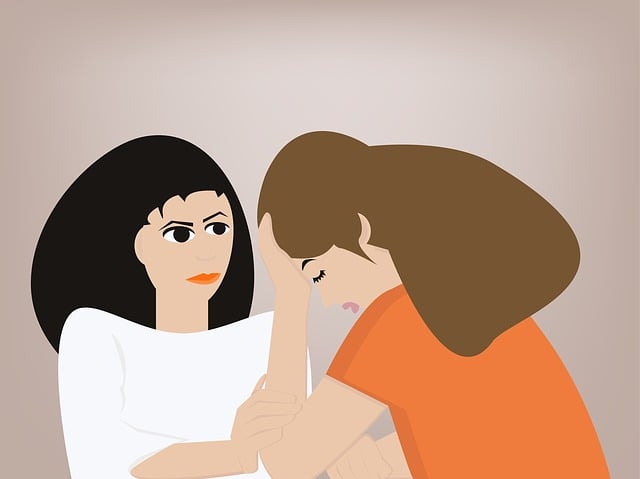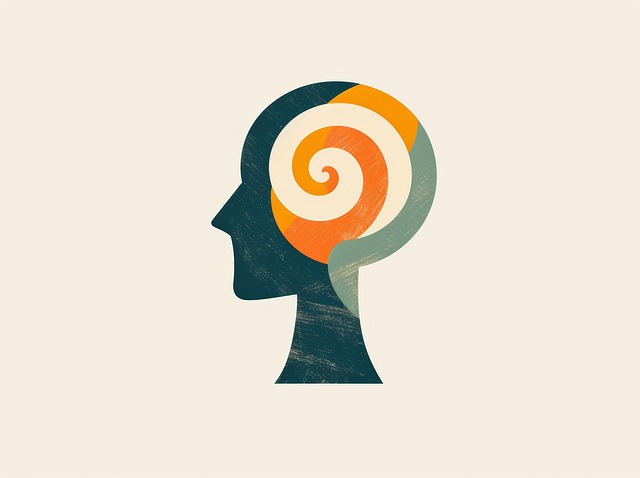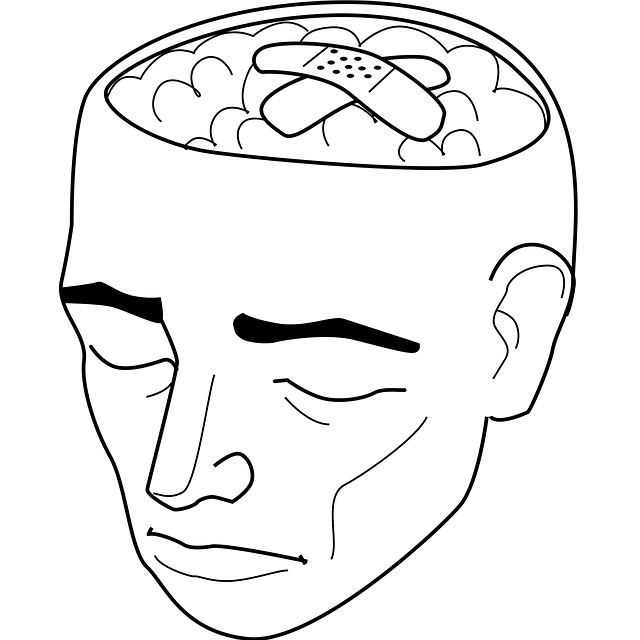Sexual abuse profoundly affects children's mental health, leading to a range of issues. Early intervention through specialized therapy is key, focusing on emotional healing, self-esteem improvement, and social skills training. Positive thinking exercises tailored to individual needs in a safe environment are crucial, fostering resilience and improving coping mechanisms. Success is measured through regular assessments, reporting outcomes, and parental feedback, with long-term benefits including better social navigation, reduced risk of re-traumatization, and increased self-control for survivors.
Positive thinking exercises offer a powerful therapeutic approach for children affected by sexual abuse, fostering resilience and healing. This article delves into the profound impact of such trauma on young minds, presenting practical strategies to implement these exercises as part of comprehensive therapy. We explore how structured activities can empower survivors, enhance coping mechanisms, and promote long-term mental well-being, specifically tailored to address the unique needs of children who have experienced sexual abuse.
- Understanding the Impact of Sexual Abuse on Children's Mental Health
- Introducing Positive Thinking Exercises: A Therapeutic Approach
- Practical Implementation Strategies for Child Survivors
- Measuring Success and Long-Term Benefits for Healing
Understanding the Impact of Sexual Abuse on Children's Mental Health

Sexual abuse can have profound and lasting effects on a child’s mental health and well-being. The impact extends beyond physical injury and often leads to complex emotional, psychological, and behavioral issues. Children who have experienced sexual abuse may struggle with feelings of fear, shame, and guilt, which can manifest in various ways, such as withdrawal, aggression, or even post-traumatic stress disorder (PTSD). These experiences can significantly affect their ability to form healthy relationships, trust others, and develop a positive sense of self.
Early intervention through specialized therapy is crucial for children who have survived sexual abuse. Therapies tailored to these survivors focus on emotional healing processes, helping them process and make sense of their traumatic experiences. Self-esteem improvement is often a key aspect, as children learn to challenge negative beliefs about themselves and build resilience. Social skills training can also be beneficial, teaching them healthy ways to communicate and interact with others while fostering a sense of safety and security.
Introducing Positive Thinking Exercises: A Therapeutic Approach

Introducing Positive Thinking Exercises: A Therapeutic Approach
For children who have survived sexual abuse, trauma can significantly impact their mental and emotional well-being. Therapy plays a crucial role in helping them process and overcome these experiences. One effective therapeutic approach is the implementation of positive thinking exercises, which serve as a powerful tool for crisis intervention guidance. By focusing on optimistic thoughts and reframing negative ones, children can develop better coping mechanisms and enhance their overall mood management skills.
These self-awareness exercises are designed to empower young survivors by teaching them to recognize and challenge negative thought patterns. Through various activities, they learn to cultivate a more positive mindset, which can be instrumental in their healing journey. By integrating these practices into therapy sessions, professionals can help children rebuild their sense of safety and resilience, fostering a healthier and more optimistic outlook on life—a crucial aspect of their recovery and personal growth.
Practical Implementation Strategies for Child Survivors

Implementing positive thinking exercises for child survivors of sexual abuse requires a tailored approach that considers both their unique experiences and individual needs. Therapy for children sexual abuse survivors often involves creating a safe, supportive environment where they feel empowered to express themselves. One effective strategy is incorporating self-awareness exercises that help them identify and challenge negative thoughts. For instance, simple activities like journaling can encourage kids to reflect on their emotions and replace self-critical statements with more positive affirmations.
Cultural sensitivity in mental healthcare practice plays a crucial role. Therapists should be adept at tailoring interventions to respect diverse cultural beliefs and backgrounds, ensuring that exercises resonate with the child’s identity. Social skills training is another powerful tool, fostering communication and building resilience by teaching them healthy ways to express emotions and interact with peers. These strategies combined can significantly enhance their coping mechanisms and overall well-being.
Measuring Success and Long-Term Benefits for Healing

Measuring success and identifying long-term benefits are crucial aspects of positive thinking exercises for children who have survived sexual abuse. Therapists often employ various techniques such as Social Skills Training and Conflict Resolution Techniques to help young survivors process their trauma and develop coping mechanisms. By integrating Positive Thinking, these exercises aim to foster resilience and enhance overall well-being.
The impact of these therapeutic interventions can be profound. Over time, children may exhibit improved emotional regulation, better communication skills, and increased self-esteem. Long-term benefits include enhanced ability to navigate social interactions, reduced risk of re-traumatization, and a greater sense of control over their lives. Measuring success in therapy involves tracking progress through regular assessments, child-reported outcomes, and parental feedback, ensuring that the approach is tailored to meet each survivor’s unique needs.
Implementing positive thinking exercises as part of a holistic therapy approach can significantly benefit children who have experienced sexual abuse. By fostering resilience and coping mechanisms, these exercises empower survivors to navigate their emotional landscapes and promote long-term healing. In the context of therapy for children sexual abuse survivors, practical implementation strategies and measurable success indicators are crucial steps towards recovery and rebuilding a sense of safety and well-being.












